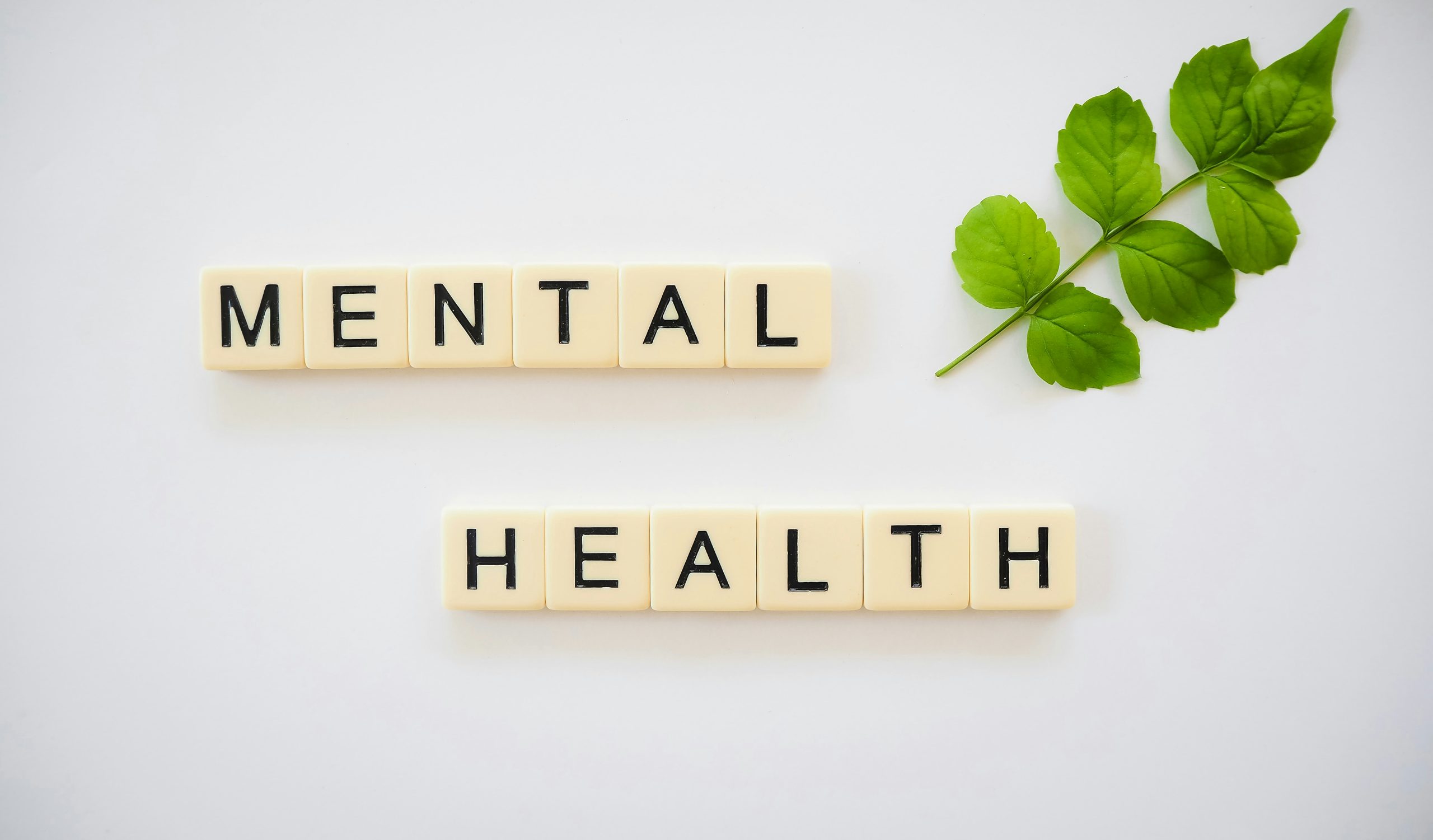Mental health is an essential aspect of human life, but it is often surrounded by stigma. This stigma creates a shadow that discourages people from seeking support and understanding. This journey takes us through the complexities of mental health stigma, exploring stereotypes and shame, highlighting the importance of open conversations, and sharing personal stories. We aim to understand the significant impact of breaking the silence and encouraging a positive dialogue around mental health.
Breaking Down Stereotypes
- Unveiling Misconceptions: Stereotypes surrounding mental health often stem from a lack of understanding and perpetuate harmful misconceptions. We delve into common stereotypes, such as the belief that mental health struggles signify weakness and unravel the impact of these preconceived notions on individuals seeking support. We aim to pave the way for a more compassionate and informed perspective by dismantling these stereotypes.
- Education as an Antidote: Knowledge acts as a potent antidote to ignorance. This section explores the role of education in dispelling myths surrounding mental health. By fostering awareness about the true nature of mental health conditions, we aim to challenge stereotypes and contribute to the creation of an environment where empathy and understanding flourish.
Recommendations for Enhancing Understanding through Education
By following these recommendations, individuals and communities can help spread correct information, challenge prejudices, and create environments where empathy and understanding are encouraged. Education plays a vital role in the effort to break down the stigma surrounding mental health and to create a more compassionate society.
- Advocating for Mental Health Education in Schools: Including mental health education in school curricula at different levels is important. Advocating for the integration of mental health topics into existing courses can help raise awareness and understanding of this important issue. This can also help challenge stereotypes and equip future generations with the knowledge and skills needed to tackle mental health challenges.
- Promoting Mental Health Literacy Programs: Promote mental health literacy programs by supporting and participating in workshops, seminars, and online courses that provide accessible information about mental health to a broader audience.
- Encouraging Workplace Mental Health Training: Encouraging mental health training in the workplace can promote a culture of understanding and support. This can be achieved by providing resources and workshops that educate employees on recognizing signs of mental health challenges, offering support, and creating a stigma-free workplace environment.
- Collaborating with Mental Health Organizations: Collaborate with mental health organizations and advocacy groups to amplify educational initiatives. These organizations often have established resources and programs aimed at dispelling myths and fostering a more informed and empathetic society.
- Utilizing Social Media for Educational Campaigns: Utilize social media for educational campaigns. Leverage the power of social media to disseminate accurate information about mental health. Engage in or support campaigns that challenge stereotypes, share personal stories, and provide factual insights into mental health conditions. Social media platforms offer a wide-reaching and accessible means of education.
- Hosting Community Workshops and Events: Host community workshops and events. Organize community workshops and events focused on mental health education. These gatherings can provide a platform for experts to share insights, offer resources, and engage in open discussions that contribute to breaking down barriers and promoting understanding.
- Fostering a Culture of Continuous Learning: Foster a culture of continuous learning. Encourage a culture of continuous learning within communities and organizations. Promote the idea that education about mental health is an ongoing process, and staying informed is key to dispelling myths and reducing stigma.
By following these recommendations, individuals and communities can help spread correct information, challenge prejudices, and create environments where empathy and understanding are encouraged. Education plays a vital role in the effort to break down the stigma surrounding mental health and to create a more compassionate society.
Encouraging Open Conversations and the Power of Empathy
- Creating Safe Spaces: Open conversations are catalysts for change. We discuss the critical importance of creating safe spaces where individuals feel comfortable sharing their thoughts and experiences without fear of judgment. Initiating dialogues within families, workplaces, and communities is essential for fostering an atmosphere of acceptance and understanding.
- Listening with Empathy: Active listening becomes a cornerstone of effective communication. We explore the power of empathy in conversations about mental health, emphasizing the need for individuals to listen without judgment, validate the experiences of others, and offer support. This section provides practical tips for cultivating empathetic communication and fostering a culture of understanding.
The Transformative Power of Personal Stories
- The Power of Vulnerability: Personal stories can humanize the often stigmatized realm of mental health. There can be a transformative power of vulnerability when discussing personal stories; personal stories can break down barriers, challenge stereotypes, and inspire hope. By exploring lived experiences, individuals can contribute to a collective narrative that reflects the diversity of mental health journeys.
- Platforms for Expression: This section explores various platforms for sharing personal stories, from social media campaigns to support groups and public forums. We discuss how these platforms can serve as avenues for individuals to express their experiences, fostering connection, understanding, and solidarity among those navigating the complexities of mental health.
As we navigate the delicate landscape of mental health stigma, we embark on a collective journey toward compassion, understanding, and acceptance. Breaking down stereotypes, encouraging open conversations, and sharing personal stories are integral to this transformative process. By engaging in these conversations with empathy and openness, we contribute to a world where mental health is met with understanding rather than judgment, fostering an environment where everyone feels seen, heard, and supported.





